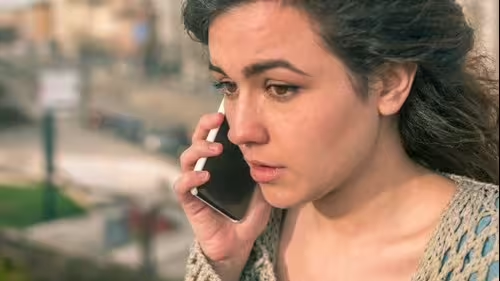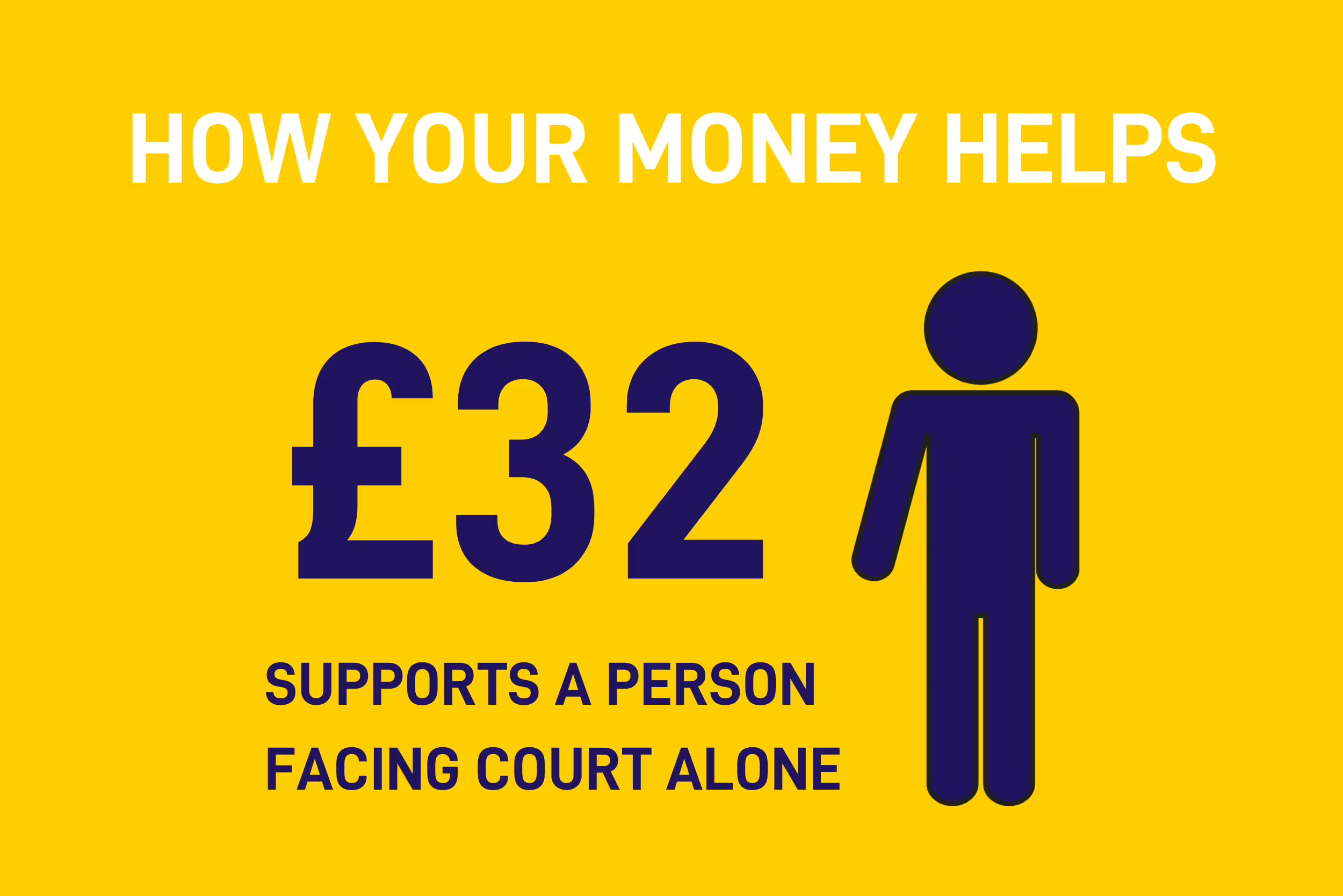
Amy’s story
When Amy called Support Through Court for help, she was crying and clearly very distressed. That morning she had left home for a holiday with her mother and son, but had taken with her the day’s post . She had opened the post when they had stopped at a service station and had received a letter from the court informing her that her child’s father would be taking her to court for contact with their son.
The court had also sent her a copy of his application, in which he had made allegations against Amy of domestic abuse. Amy went on to explain that the allegations were false and that in fact it was he who had been abusive during the relationship. She added that she had always made the child available for regular contact but the father had recently moved to an area over an hour away and she now had difficulty dropping her son off as she worked fulltime. She believed this had prompted the application.
Amy had never been through court proceedings before and was convinced that the court would accept his allegations and that her child would be taken from her. She kept saying that she didn’t know what to do. The volunteer listened to Amy, which helped to calm her down, and suggested that it might be helpful to explain the court process for child arrangements. The volunteer carefully explained what Amy needed to do next as it was important that she acknowledge receipt of the application, indicate her position to the court and respond to the allegations made.
There wasn’t a Support Through Court in Amy’s hometown in Wales, but from what she had told the volunteer, the volunteer thought that she may be eligible for legal aid. The volunteer explained this and asked if she would like the volunteer to run through the eligibility criteria with her using the gov.uk webpage. They did this together and the website suggested there was a strong likelihood that she would get legal aid. Amy had no idea that this might be an option for her and so the volunteer also sent her an e-mail with the link to the law society’s ‘find a solicitor’ webpage which would enable her to find legal aid solicitors in her area.
Amy was now a lot calmer and said she felt more reassured, but the volunteer was worried that she hadn’t taken everything in as she had been so upset at the start of the call. The volunteer knew that she was with her mother at the service station and offered to speak to her to re-iterate what she had told Amy, with Amy’s permission.
You can make a difference
Inspired by Amy’s story and want to help people like her? Find out how you can support us.
Make a donation

Opening hours, address and contact information for all of our locations.
Donate now


